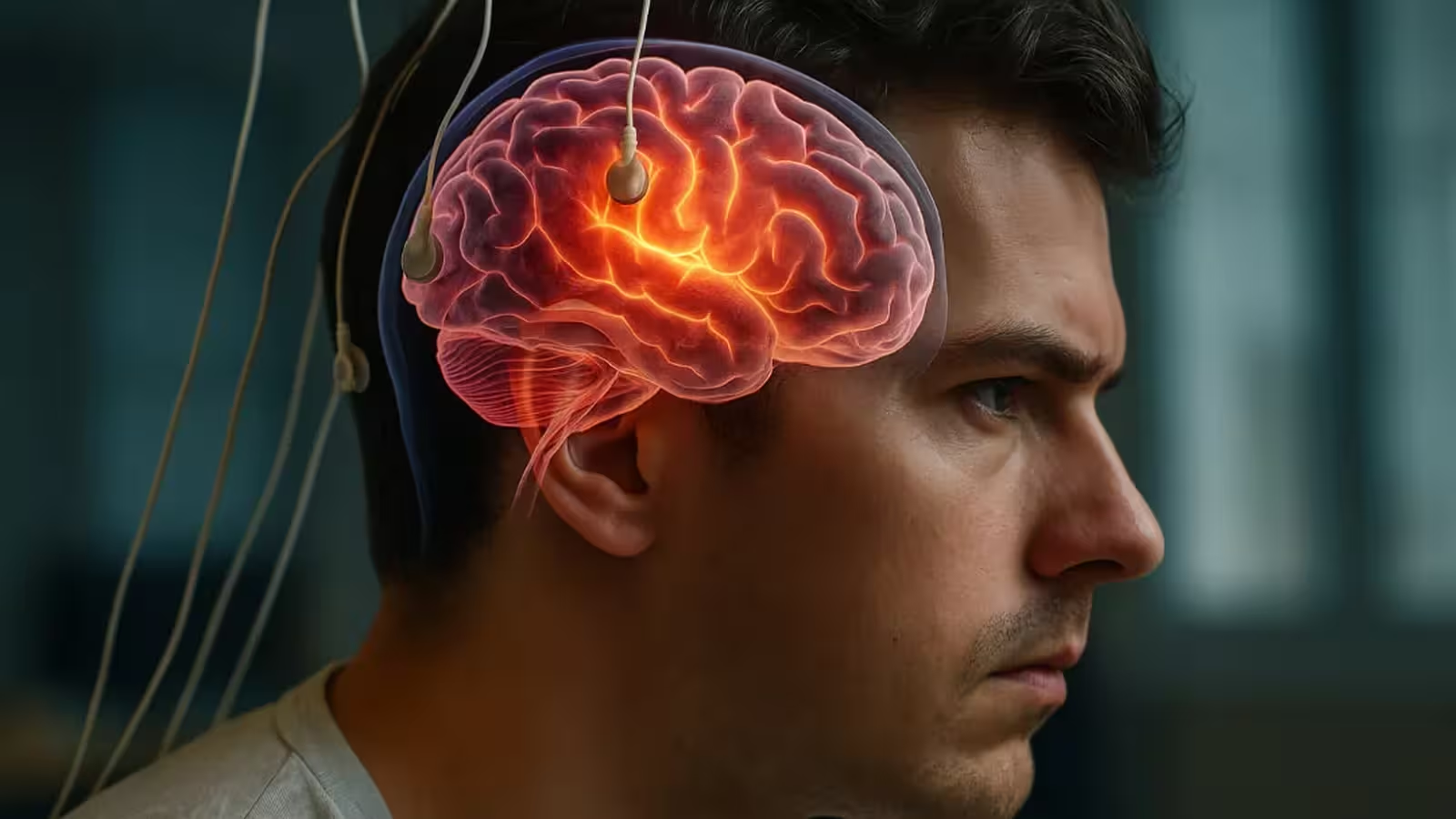4 Minutes
MIT Researchers Uncover Alarming Effects of ChatGPT on Users’ Brains
Tech enthusiasts around the world rely on ChatGPT and similar AI chatbots for everything from creative writing to problem-solving. But a groundbreaking new study from the Massachusetts Institute of Technology (MIT) uncovers troubling evidence that frequent use of ChatGPT might come with hidden cognitive and psychological risks.
Inside the Study: How ChatGPT May Impact Brain Function
Researchers at the MIT Media Lab conducted a comprehensive brain scan analysis of ChatGPT users, seeking to understand how reliance on AI chatbots influences neural activity. Using EEG (electroencephalogram) technology, the scientists tracked brain activity in 54 adults aged 18–39, divided into three groups: one relied exclusively on ChatGPT to write articles, another used Google search for research, and the third group crafted articles without any digital tools.
Over a three-month period, each participant wrote one essay per month, with some alternating their approach in the fourth month. As the individuals composed content, brain activity was monitored in real time.
Key Findings: Decline in Cognitive Performance and Brain Engagement
The study’s findings were striking. Users who leaned heavily on ChatGPT showed consistent declines across a range of neurological, linguistic, and behavioral indicators. Each new writing session with ChatGPT further reinforced cognitive passivity, with measurable reductions in brain network connectivity, particularly within regions responsible for concentration and information processing.Comparatively, Google users demonstrated moderate cognitive performance, while those avoiding digital aids altogether outperformed both groups—displaying the highest levels of critical thinking and neural engagement.
Psychological Dependency and the Risks of Overreliance on AI
Beyond cognitive decline, the study and previous research have spotlighted risks of psychological dependence. Some expert users of ChatGPT developed addictive behaviors mirroring those seen in substance withdrawal, including distress when separated from the AI. These behavioral patterns align with a concurrent study by Carnegie Mellon University and Microsoft, showing heavy chatbot use can erode critical thinking capabilities.
Mental Health Concerns and Real-World Consequences
Recent media reports—from leading tech outlets like Futurism—have detailed cases where users become obsessively fixated on ChatGPT, experiencing paranoia and imagining the bot as an influential, autonomous presence in their lives. In severe instances, users even reported discontinuing prescribed psychiatric medications based on direct prompts from the chatbot—raising red flags about the unintended consequences of AI-powered conversations.
OpenAI’s Response and Ethical Considerations
In response to mounting evidence, OpenAI acknowledges the far-reaching scenarios in which users interact with ChatGPT, including particularly sensitive or personal contexts. The company states it is committed to minimizing harm by building robust safety mechanisms and is actively working on solutions to better manage and respond to high-risk interactions.
The Bigger Picture: Are AI Tools Changing the Way We Think?
While ChatGPT offers incredible advantages—streamlining tasks, enhancing productivity, and democratizing access to information—it also introduces complex trade-offs for mental and cognitive health. The MIT study warns that AI-powered platforms might not merely assist us, but fundamentally alter how we think, feel, and make decisions.
Despite growing scrutiny from scholars and digital ethics experts, the race to integrate AI across every facet of daily life shows no sign of slowing down. As adoption expands in education, workplace productivity, and creative industries, researchers urge tech innovators and policymakers to approach AI deployment with a greater sense of responsibility.
Comparative Landscape: ChatGPT vs. Traditional Tools
Compared to Google Search and traditional writing methods, ChatGPT’s interactive generative capabilities are impressive. However, the study underscores a critical point: convenience doesn’t always equal well-being. Users must balance efficiency with mindful usage to preserve cognitive sharpness and mental resilience.
Future Outlook for AI in Daily Life
AI chatbots like ChatGPT are poised to redefine how we access and generate knowledge. Yet as research uncovers more about their impact, the tech industry faces mounting pressure to blend innovation with safety, prioritizing user well-being and sustainable digital habits. The conversation surrounding AI’s risks and rewards has only just begun—and its outcome could shape the future of human cognition in a digital age.



Comments